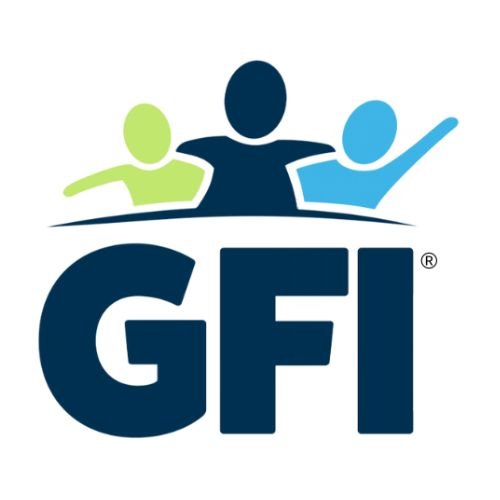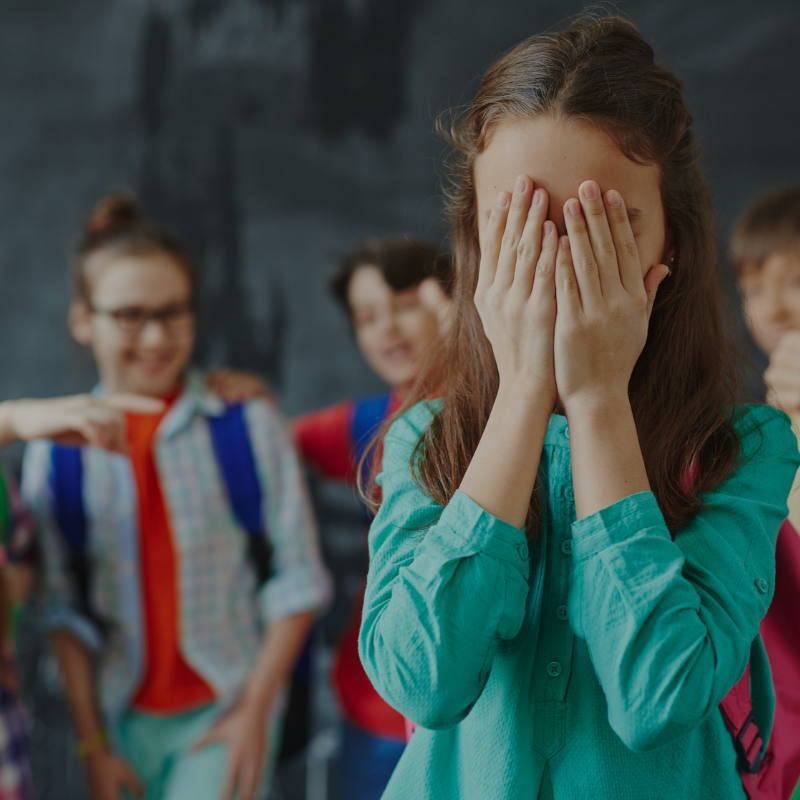Seeking an Adult Autism Diagnosis
A common topic in autism chatter of today is the “boom” in diagnoses, the refrain being that all of these people cannot actually be on the spectrum. The conversation is delicate because while there are a handful of explanations for this perceived rise in autism, not everyone who experiences difficulties in their social life is anything other than awkward. Not everyone who finds certain stimuli triggers their anxiety is living on the spectrum. It’s any wonder how many adults believe themselves to be autistic but aren’t, or are but have no idea.
Exploring Universal Design and Inclusion
While we celebrate the rainbow of neurodivergence, there also exists a challenge for educators and caregivers, who need to guide many variations of learners, regardless of neurotype, catering to their individual style of comprehension and attention. This is where Universal Design for Learning (UDL) truly changes the game.
Can Disability Harassment in School Be a Denial of Free Appropriate Public Education?
Students with autism are more likely than their neurotypical peers to become the targets of bullying behavior (PACER). When the relational aggression is specific to the student’s disability, it can be deemed disability harassment. Disability harassment is a violation of three federal laws: the Individuals with Disabilities Education Act (IDEA 2004), Sec. 504 of the Rehabilitation Act (1973), and Title II of the Americans with Disabilities Act (1990).
Fostering a Sense of Belonging in the Classroom
With technological distractions inside the classroom, lifestyle stressors outside of it, learning challenges and varying degrees of disability, not to mention every student’s inner voice that questions their worth at every turn, it’s a wonder how learners get through it. Finding a place to learn and belong is of urgent, vital importance. Feeling valued and included by peers begins with the educator, and benefits the grown-ups and kids alike.
Raising Awareness in the Workplace during NDEAM
October is underfoot, and with it comes National Disabled Employment Awareness Month (NDEAM). In this annual celebration, we recognize the contributions of disabled employees, and work toward improved opportunity throughout the workplace. This year’s theme is “Advancing Access and Equity,” highlighting that despite the 19% of the American workforce experiencing some form of disability, their unemployment rate tends to be double that of the general population. We simply must be better.
Myths about People with Divergent Neurology and Their Lived Experience
Back when they were going through various developmental screenings and diagnostic processes, I had some preconceived notions of what their newly-named neurological differences meant. When I heard “autism”, I thought “Rain Man”. When I heard “ADHD”, I thought “overdiagnosed”. When I heard “intellectual disability”, I thought “not capable of graduation”. None of those thoughts were helpful.
5 Steps to a More Inclusive Classroom
Educating a broad cross section of students successfully is difficult without deliberately creating a sense of belonging for all. Universal Design for Learning guidelines help educators develop instruction inclusive of differing learning abilities, neurotypes, genders, and cultures.
How to Advocate for Yourself in the Workplace
A shared work environment can be a minefield for those on the spectrum, sometimes because of the ignorance of others, which can result in “othering” those with autism. Factoring in varying learning differences among colleagues, it can be tricky to work within an employer’s framework.
Autigender and Pride Month Reflection
June was an exciting month, pairing perfect weather with a month long celebration of our LGBTQ+ friends, family, and for many, ourselves! Which is of course why it’s quite fitting that our very own Autistic Pride Day, June 18th, fell right smack in the middle of the party. And among our Pride celebrants we shine a spotlight on an overlapping notion, Autigender.
The Case for Explaining Your Autistic Child's Neurology
As a community helping children to be more aware, accepting, and empathetic, we can do better – and we must. Whether we’re improving our neurodivergent children’s self-awareness and perception or helping neuromajority children realize that different brain wiring impacts the way autistic peers understand and process the world around them, sharing information in an age-appropriate, strengths-based way is critical to healthy social emotional development.
Neurodivergence and Emotional Response
What any educator will confirm is that every child is unique, whether on the spectrum or not. How they react to stimuli will vary among them, with some increased irregularity among our neurodiverse kids. Recognizing exactly how we’re feeling from their perspective, or how they’re feeling inside, can be difficult to interpret. Here are some common emotional responses to dispel some of the mystery.
Demonstrating Autistic Acceptance
If the aim is an inclusive classroom for neurodivergent kids, we aren’t going to achieve much without leadership showing them how it’s done. Modeling this sort of behavior might feel cumbersome, for fear of overcompensating with forced or unnatural interactions. But a few subtle techniques fly right under the radar and create a culture of acceptance with ease.
5 Classroom Activities That Foster Inclusion
As educators, we value the importance of inclusion and recognize that each and every student comes with their own gifts, quirks, and challenges. Our kids, who are still discovering who they are, and each other, benefit from classroom activities that foster inclusion, educate and celebrate their unique characteristics, and create better connections between peers.
Understanding and Celebrating Neurodiversity
Autism Acceptance Month is just around the corner. Before we take the opportunity to hyperfocus on autism as a neurotype, let’s take a minute during this Neurodiversity Celebration Week (March 13-19) to better understand what neurodiversity is and why it should be celebrated!
Bullying and Autism - Disability Harassment?
1 in 5 students in general, and 1 in 3 autistic students, are bullied. When bullying behavior focuses on a target’s disability, it can be disability harassment.
How Will Students Know They Belong in Their Classroom?
Since the average enrollment of an American public school exceeds 500 students (EducationWeek, 2019), by the numbers associated with autism prevalence (CDC, 2021), an administrator can be statistically assured that the school’s count of students on the spectrum will be in the double digits. It is likely that the least restrictive environment for those autistic students will be in inclusive classrooms. And the way to prepare the environments in those inclusive classrooms is in part through peer education.
Especially for Healthy Development, Friendships Matter!
Long-range studies show not only the immediate benefits of positive peer relationships, but also how healthy childhood relationships contribute to quality of life in adulthood. An Issue Brief by PennState, with support from the Robert Wood Johnson Foundation, pointed out that “social-emotional programming can boost the social-emotional skills of all children, support individual children who have more intensive social needs and improve their peer relationships, and create peer contexts that are more tolerant and supportive of individual differences.”
Having Mixed Feelings about Autistic Neurology and Disability?
If neurodivergent humans were included in discussions about shopping centers, social customs, and curriculum design a generation ago, what might be different today? We could likely expect more universal design, which is to say something that would work for any neurology - not just the neuromajority.
Good Friend, Inc. Announces New Executive Director
Brookfield, WI— Good Friend, Inc. announces the hiring of Allison Katula (Brookfield) as Executive Director of the organization starting May 9. Earlier this year, the organization announced that the current Executive Director, Chelsea Budde, would be stepping down to fill the position of Program Director, allowing her to focus more on Good Friend, Inc.’s mission of autism awareness, acceptance, and empathy.
Going Virtual
Last month, I delivered Good Friend's first virtual workshop to a Girl Scout troop from the safety of my home to the safety of the girls' homes. It was a different way to talk about differences, but we were doing it together. The spirit of that moment was aligned with our We ALL Fit messaging, and I was able to remind the Juniors that we're doing the same thing - just differently. Neurodiversity means we humans have brains that process and respond to the same information differently. Ultimately, whether we have autism or not, we're more alike than different.





















